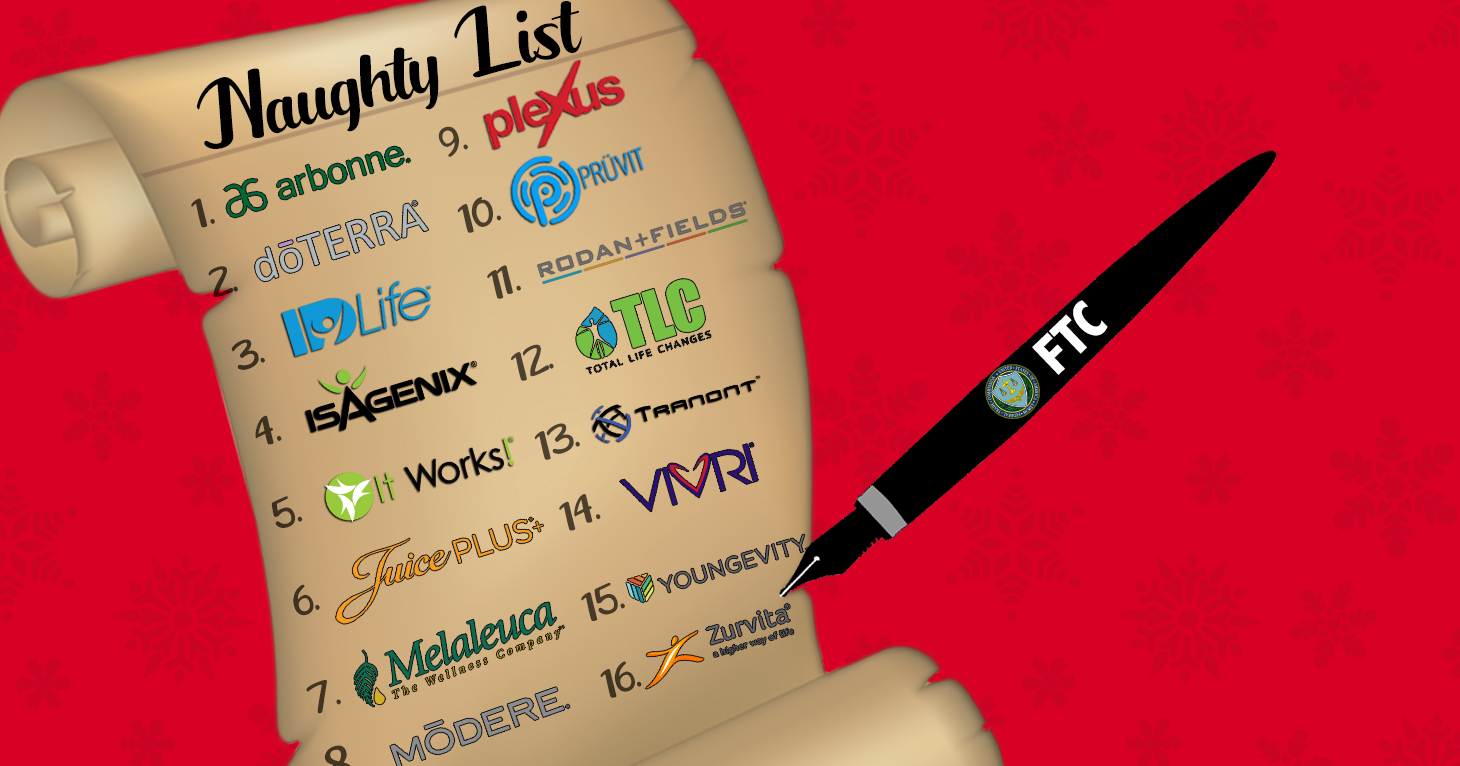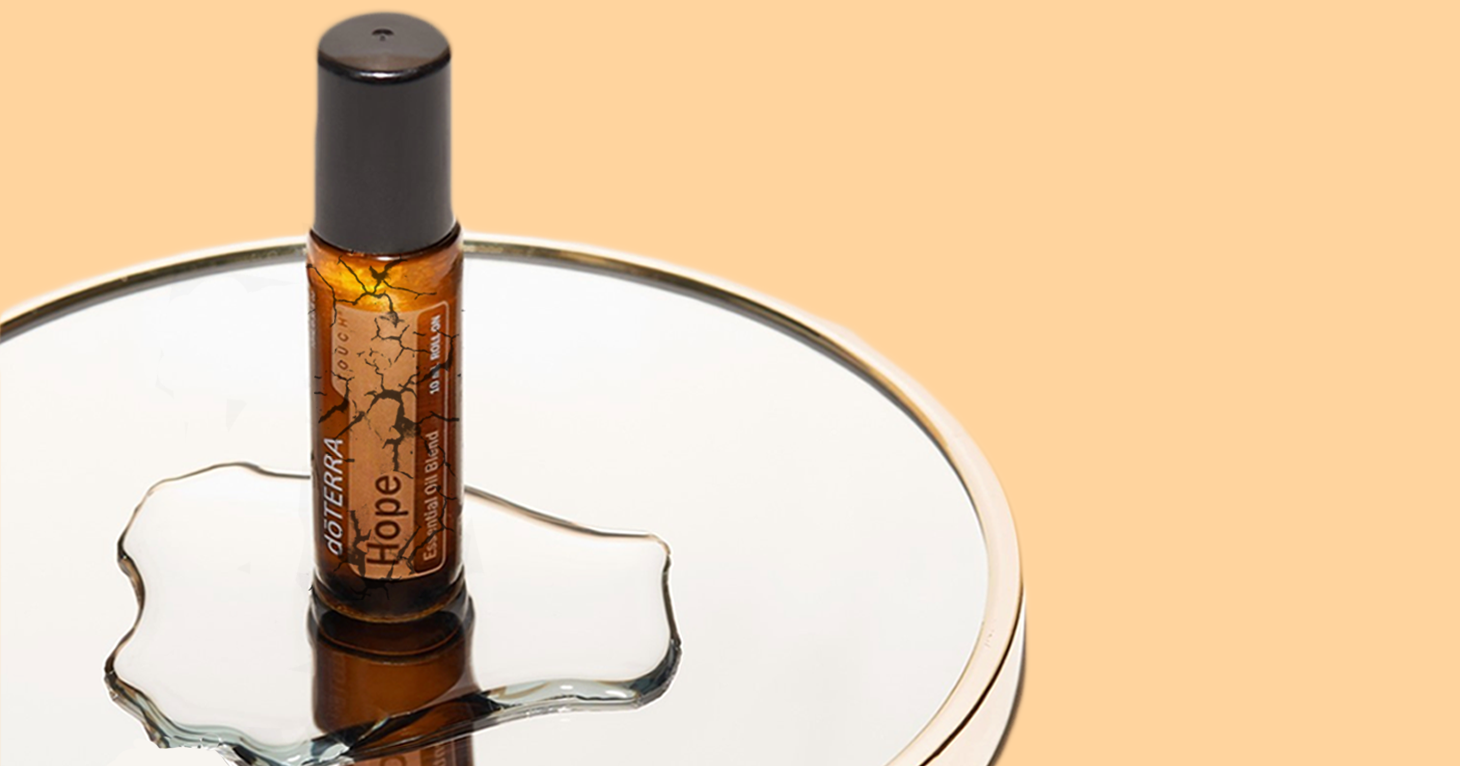
What You Should Know about USANA
Supplement MLM takes down dozens of deceptive claims following TINA.org investigation.
TINA.org investigation delves into claims by Florida-based anti-aging MLM.
|
UPDATE 1/31/23: Jeunesse Global has been acquired by LaCore Enterprises, LLC, which has appointed a new CEO, Jason Borné, and a new COO, Demont Rainge. Our original post follows.
“Nothing feels as good as succeeding at something you try,” boasts Jeunesse Global, LLC, which promises that it is “the most rewarding way to stay young.” The Florida-based multi-level marketing company founded in 2009 claims to have more than half a million distributors in 215 countries and territories with a goal of a billion dollars in sales for this year. The company markets anti-aging products that include supplements, creams and gels that it refers to as a Youth Enhancement System (Y.E.S.). The system is comprised of six product lines it says is based on stem cell innovation, DNA repair, and telomere maintenance that provide “unmatched results.”
But is the company running a legitimate MLM business or an illegal pyramid scheme? And has the company and its distributors crossed the line when it comes to making health and income claims? Truthinadvertising.org (TINA.org), urged by multiple consumer complaints, investigated Jeunesse. Here’s what you should know (click to expand each point):
 Marketing supplements as having the ability to treat, cure, alleviate the symptoms of, or prevent developing diseases is simply not permitted by law. But that hasn’t stopped a multitude of Jeunesse distributors from claiming that its products can cure cancer, lower blood pressure, disappear psoriasis and treat a host of other diseases. TINA.org has amassed a database of well over 100 instances of inappropriate health claims. To view, click here. (Since alerting the company to this issue, a few of the inappropriate health claims have been taken down.) For more on health claims, see point 9.
Marketing supplements as having the ability to treat, cure, alleviate the symptoms of, or prevent developing diseases is simply not permitted by law. But that hasn’t stopped a multitude of Jeunesse distributors from claiming that its products can cure cancer, lower blood pressure, disappear psoriasis and treat a host of other diseases. TINA.org has amassed a database of well over 100 instances of inappropriate health claims. To view, click here. (Since alerting the company to this issue, a few of the inappropriate health claims have been taken down.) For more on health claims, see point 9.
 When discussing the earnings of its distributors, an MLM may not make deceptive use of unusual earnings realized only by a few distributors without running afoul of the law. Likewise, a failure to disclose that the structure of a program ensures that the vast majority of consumers cannot achieve substantial income is deceptive under the law.
When discussing the earnings of its distributors, an MLM may not make deceptive use of unusual earnings realized only by a few distributors without running afoul of the law. Likewise, a failure to disclose that the structure of a program ensures that the vast majority of consumers cannot achieve substantial income is deceptive under the law.
Given this legal backdrop, it might surprise you (then again it may not) to learn that Jeunesse does not publish a distributor income disclosure statement*, and it and the company’s distributors are making the following income claims without clear and conspicuous income disclosures:
To view TINA.org’s database of earning claims about Jeunesse, click here. (TINA.org alerted the company to this issue on September 25, 2015.)
*Update: After TINA.org alerted Jeunesse to these marketing issues, the company published an income disclosure statement, which was confusing to the say the least and indicated that about 50 percent of distributors gross less than $50 per month. Following a TINA.org blog questioning the statement, the company then published a different income disclosure statement.
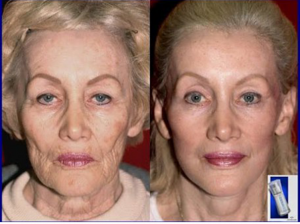
One of the ways that some Jeunesse distributors market their business and sell their wares is by using before and after pictures of people who say they used Jeunesse to show the dramatic effects that the products can have on a person’s skin. However, some of the images being used can also be found on websites for health care providers (such as plastic surgeons) and in stock images. Take a look here.
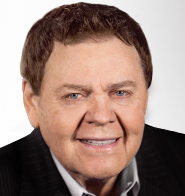 In addition to Jeunesse, Ray is associated with a multitude of other entities, including, but certainly not limited to, Fuel Freedom International, LLC, which operates as an MLM. In February 2009, Ray as CEO and co-owner of this entity signed an Assurance of Voluntary Compliance with Florida’s Office of Attorney General and the company paid $100,000. Pursuant to the terms of this agreement, Fuel Freedom and Ray are enjoined from, among other things, violating Florida statutes pertaining to false and misleading advertising and prohibition of illegal lotteries, chain letters, and pyramid clubs.
In addition to Jeunesse, Ray is associated with a multitude of other entities, including, but certainly not limited to, Fuel Freedom International, LLC, which operates as an MLM. In February 2009, Ray as CEO and co-owner of this entity signed an Assurance of Voluntary Compliance with Florida’s Office of Attorney General and the company paid $100,000. Pursuant to the terms of this agreement, Fuel Freedom and Ray are enjoined from, among other things, violating Florida statutes pertaining to false and misleading advertising and prohibition of illegal lotteries, chain letters, and pyramid clubs.
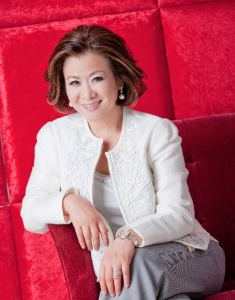
So first thing we’ve got to do is go out there and recruit. . . . We’re building a distribution channel if you would and so what we do – the first thing we do is recruit. What do we recruit? We recruit entrepreneurs. . . . And the second thing we do is that we teach other people how to recruit because this business is all about duplication. It’s not about one person selling all the time cause that’s linear income, you know, trading time for money. But this business model is about building distribution and about creating wealth. . . . And then the third thing we do is we teach other people on how to teach other people and so that’s when true duplication happens. . . . With wealth, with the money would be – we are paid to build our distribution network.
In another video, Hui, in discussing different Jeunesse bonuses, states:
So the first way to make money is retail commissions, right. You know we as distributors we get the product at wholesale and then when people buy it, they buy it retail . . . so we get a little retail commission. . . . Now that will be the smallest pay you ever get. OK? I forget about retail commissions for me. . . . I’m in this not to sell product. I’m here to build a global distribution. . . . I’m not a salesperson; I’m a business builder.
Hmmm. The FTC has explained that in a pyramid scheme, “participants purchase the right to earn profits by recruiting other participants, who themselves are interested in recruitment fees rather than the sale of products.”
 In other cases in which Jeunesse has been sued, the claims range from trademark infringement to a request to deny insurance coverage. Of note, Jeunesse recently settled a case brought by Shefa LMV, LLC, an entity which seeks to promote awareness of exposure to toxic chemicals in products sold in California. Shefa claimed that Jeunesse violated California’s Health and Safety Code because one of its products, Luminesce Youth Restoring Cleanser, contained coconut oil diethanolamine condensate (aka cocamide DEA) an alleged carcinogen. Jeunesse settled the case in August 2015 pledging to remove cocamide DEA from its product, pay a $6,000 civil penalty and $17,000 in attorney fees for Shefa.
In other cases in which Jeunesse has been sued, the claims range from trademark infringement to a request to deny insurance coverage. Of note, Jeunesse recently settled a case brought by Shefa LMV, LLC, an entity which seeks to promote awareness of exposure to toxic chemicals in products sold in California. Shefa claimed that Jeunesse violated California’s Health and Safety Code because one of its products, Luminesce Youth Restoring Cleanser, contained coconut oil diethanolamine condensate (aka cocamide DEA) an alleged carcinogen. Jeunesse settled the case in August 2015 pledging to remove cocamide DEA from its product, pay a $6,000 civil penalty and $17,000 in attorney fees for Shefa.
Jeunesse is also facing a trademark infringement and breach of contract countersuit filed in April 2017 by Instantly Ageless, LLC. The suit, which was filed a week after Jeunesse sued Instantly Ageless on contract issues, alleges that Jeunesse violated the Instantly Ageless licensing and royalties agreement for its Facelift Serum by, among other things, giving its confidential business information to other companies and for allegedly creating an eye firming gel using its the Ageless formula. It also alleges Jeunesse is in violating of its contract because it is not marketing products in a lawful manner. Instantly Ageless notified Jeunesse earlier in April that it was terminating its product development and license and royalty agreement with Jeunesse.
In two cases in which Jeunesse has brought court actions, Jeunesse, LLC v. Lifewave, Inc. and Jeunesse, LLC v. Well-Med Global, LLC, the company sued competitors alleging that they were making false statements. In another case, Jeunesse issued a subpoena to Google to obtain the identity of a YouTube video posted under the username “Pyramid Alert” in order to pursue a copyright infringement claim. In its latest action, Jeunesse sued Zrii claiming it was stealing Jeunesse secrets and distributors.
The company also remains a defendant in two lawsuits. In one, a former Jeunesse distributor claims that he was unlawfully terminated by the company, and in the other case, plaintiffs allege that “Defendants…persuaded Mr. [Richard] Nieto to pay them over $7 million for mysterious and undefined cancer therapy that was worthless.”
 It’s complicated and it can be pretty expensive. First the complicated part, to become a Jeunesse distributor, one must agree to be bound by at least four different legal contracts: Distributor Agreement Terms and Conditions, Jeunesse Global Policies and Procedures, Jeunesse Financial Rewards Plan, and a Consent to Electronic Record. These four contracts total 60 pages and bind distributors to a non-compete clause (making it difficult to move to another MLM), arbitration agreement (meaning waiving any right to sue in court) and non-solicitation provision (preventing distributors from taking their A term most frequently used in association with multilevel marketing, it describes all the distributors who have been recruited to work under another distributor. Generally, distributors make money from the sales of all the other distributors below them in the business. to another company). These three provisions are drafted to remain in effect even after a distributor leaves the company.
It’s complicated and it can be pretty expensive. First the complicated part, to become a Jeunesse distributor, one must agree to be bound by at least four different legal contracts: Distributor Agreement Terms and Conditions, Jeunesse Global Policies and Procedures, Jeunesse Financial Rewards Plan, and a Consent to Electronic Record. These four contracts total 60 pages and bind distributors to a non-compete clause (making it difficult to move to another MLM), arbitration agreement (meaning waiving any right to sue in court) and non-solicitation provision (preventing distributors from taking their A term most frequently used in association with multilevel marketing, it describes all the distributors who have been recruited to work under another distributor. Generally, distributors make money from the sales of all the other distributors below them in the business. to another company). These three provisions are drafted to remain in effect even after a distributor leaves the company.
And as if four contracts weren’t enough, some lucky Jeunesse distributors get to enter into yet another contract with the company – a business development agreement, which provides for additional perks if the distributor meets certain goals and expectations. But just when you thought it couldn’t get any crazier, some Jeunesse distributors still have one more contract option. Some distributors enter into a contract with Jeunesse’s highest ranking distributor, Imperial Diamond Director (yes that’s a real title), Jason Caramanis, who helps distributors jump-start their businesses and provides financial rewards. But beware, it appears that many distributors have not been able to live up to their contractual bargains with Caramanis and he has sued them.
Now for the expensive part; new Jeunesse distributors are required to purchase a mandatory starter kit for $49.95. Next they are encouraged in the strongest possible way to jump-start their business by purchasing a product package, which range in price from about $200 to $1,800. Not surprisingly, many distributors are encouraged to buy the most expensive $1,800 package – as Hui explains, “it’s a no brainer” because it temporarily catapults newbies four levels up the compensation structure to the rank of Sapphire. Add to that a $19.95 renewal fee each year and the need to purchase at least $100 each month to remain qualified for all commissions and bonuses and the expenses begin to mount. [Note: Jeunesse’s initial signup form now appears to only offer three “signup packages” that range in price from $250 to $1,000.]

Jeunesse’s medical advisory board makes some pretty bold statements about the company’s products. Specifically, all four of the doctors on the board claim that some Jeunesse products can literally manipulate human genes and cells, even going so far as to say that Jeunesse products can actually slow the aging process.
At Jeunesse’s 2015 Singapore convention, here’s what its physician team had to say:
Vincent Giampapa, M.D.: “prevention and restoration and regeneration . . . our products are really designed to not only treat aging but to help prevent it and slow it at these early ages.” (at 4:33) Dr. Giampapa goes on to say, “One of the key focuses of AM PM was to really look at how do we actually manipulate that gene clock but in a natural way. And what we found out . . . is . . . plant extracts, herbs, enzymes – if they’re the right combinations of things can actually turn off certain of these genes this that are negative aging genes and turn back on, for instance, genes that help keep us healthy and young. So . . . AM PM we frequently refer that product as a vitamin mineral supplement and in reality it’s the next evolution beyond vitamin and minerals.” (at 10:29)
William Amzallag, M.D.: “Reserve . . . it will balance oxidation and anti-oxidation because as you know we have to balance . . . so this is the first goal of Reserve. The second goal of Reserve is to switch on a very specific gene which is called survival gene.” (at 13:50)
Donna Antarr, M.D.: “With Zen Bodi, we created a system that works with the body . . . that enables the body to actually rejuvenate and recover on a cellular level.” (at 23:40)
Nathan Newman, M.D.: “when we are putting these products on our body or taking them by mouth, we’re really changing every cell in the body just like Dr. Giampapa said, we’re changing one cell at a time, we’re effecting them and that effect is/has a domino effect and it goes much further than the one place that we treat or what product that we take.” (at 36:20)
Here’s the thing – If Jeunesse really has figured out how to turn genes off and on, and change every cell in the body, then why hasn’t it used this technology to cure cancer?
At the company’s suggested retail price, Jeunesse products are expensive, ranging from about $45 to almost $300 for a month’s supply of a single product. Luckily Jeunesse distributors are able to buy products from the company at wholesale and then (theoretically) sell the products at retail making a “little retail commission.” But, on many days, Jeunesse products can be purchased on Amazon.com for substantially less than the wholesale prices, which makes earning any retail profit tough. How could this be? Well according to one response on Amazon, “many distributors have surplus stock and they don’t mind selling it to recover their cost as they are happy with the commission they make from Jeunesse. This is the reason they would give away the products to online sellers to finish off the stock quickly.”

In 2012, Ray and Jeunesse COO Wendy Lewis established a charity called Jeunesse Kids Foundation (JKF), which is promoted on the Jeunesse Global website, and distributors are encouraged to donate to the foundation. Currently, all JKF’s donations are given to the charity, Free The Children. But up until sometime in 2014, JKF provided all its funds to another charity – Global Village Champions Foundations, whose founder, Yank Barry, has a colorful past. It appears that business dealings between Barry and Jeunesse concerning a product historically sold by Jeunesse called ProPectin did not end well. In addition, there is one riddle we couldn’t solve. According to JKF’s 2013 990 tax form, it gave Global Village Champions a cash grant of $926,585 that year. But Global Village Champions’ 2013 990 tax form indicates that contributions and grants for 2013 totaled $836,585. Somewhere in the tax form world $90,000 seems to have disappeared.
A second class-action lawsuit was filed against the company in December 2016 with similar allegations, including that the company is operating a pyramid scheme and is engaging in racketeering activities. It also alleges Jeunesse is preying on Chinese-American immigrants by encouraging them to sell miracle products to their Chinese families and friends. (See more here on that lawsuit.)
TINA.org has reached out to Ray both by phone and email for comment about its findings, but he has not responded. An attorney for the company told TINA.org that it is hiring new employees to help monitor compliance efforts and is reviewing its compensation plan and income disclaimers to ensure “the documentation is in line with FTC law and accurately portrays the income potential to consumers.”
However, three weeks after TINA.org alerted the company about the deceptive health and income claims, a majority still remain online. TINA.org filed a complaint on Oct. 19 with the FTC and Florida Attorney General requesting they investigate and take prompt enforcement action.
Supplement MLM takes down dozens of deceptive claims following TINA.org investigation.
Deceptive health and income claims, including some tied to COVID-19, persist in wake of warning from the feds.
MLM’s health claims fail to stand up to an increased level of scrutiny amid a worldwide pandemic.

